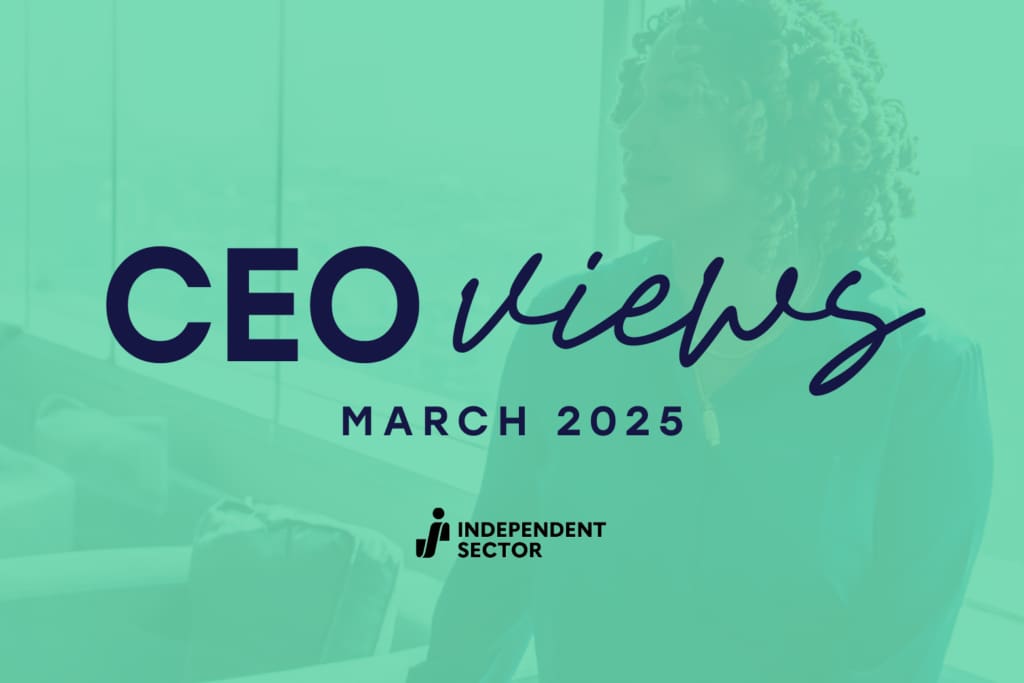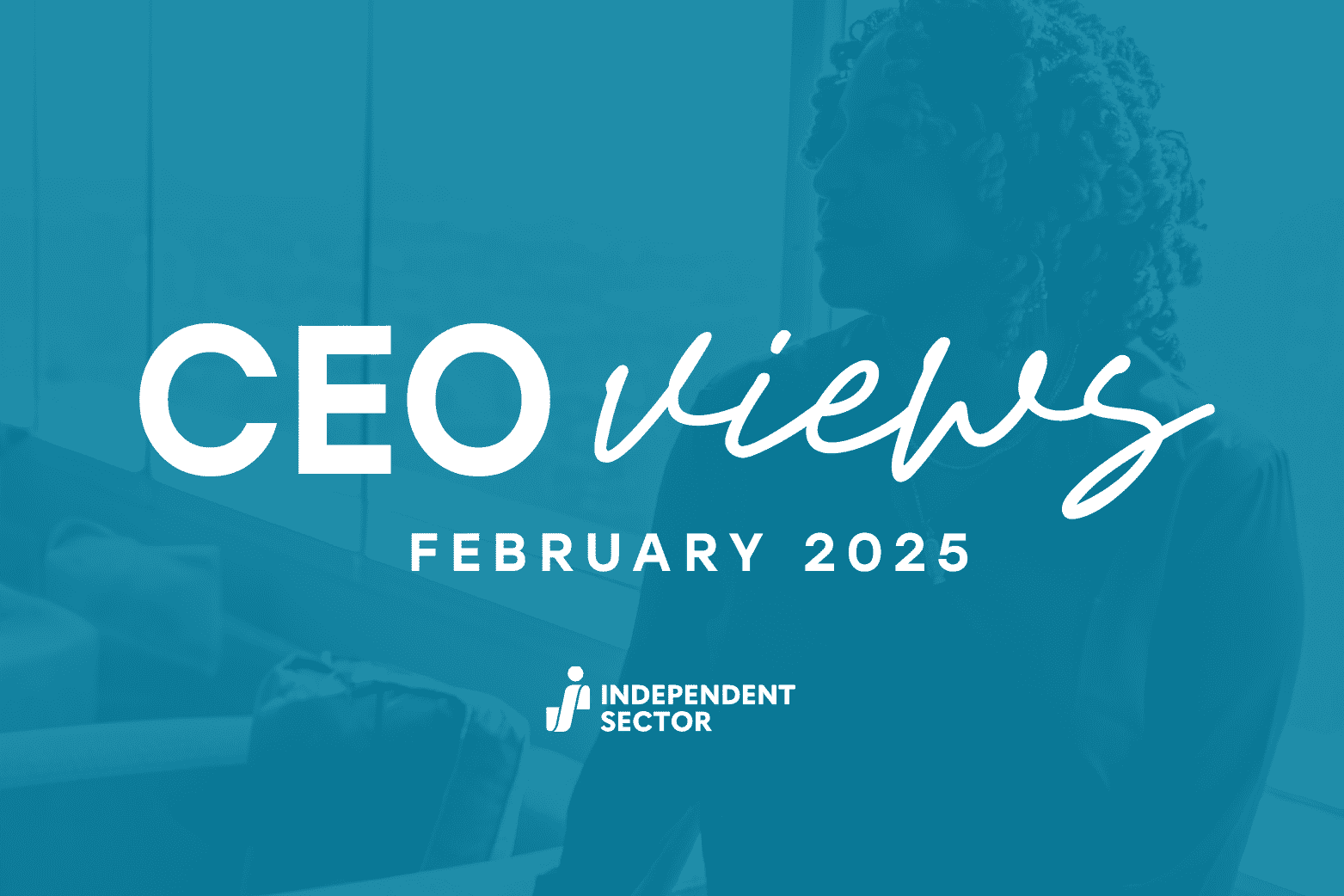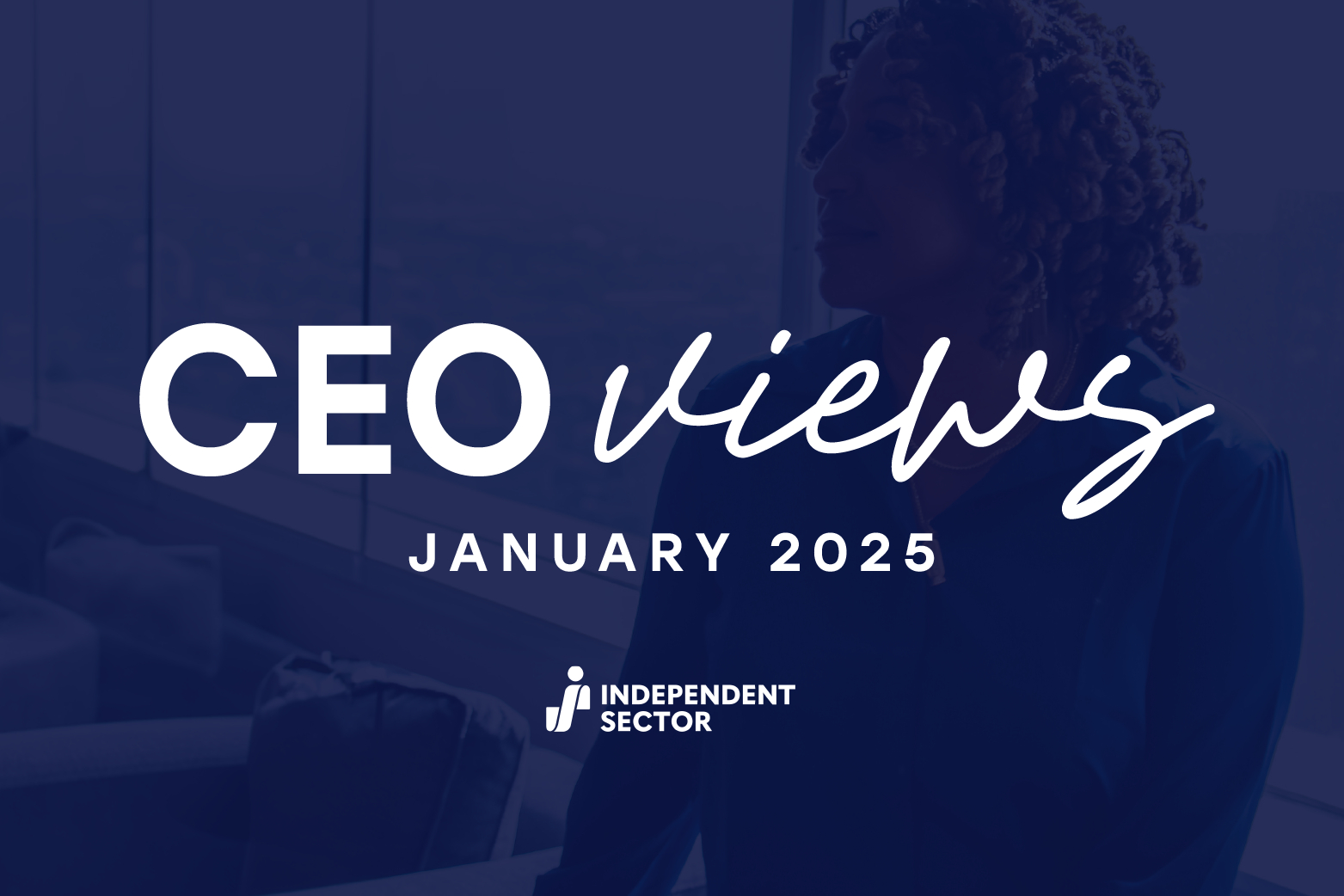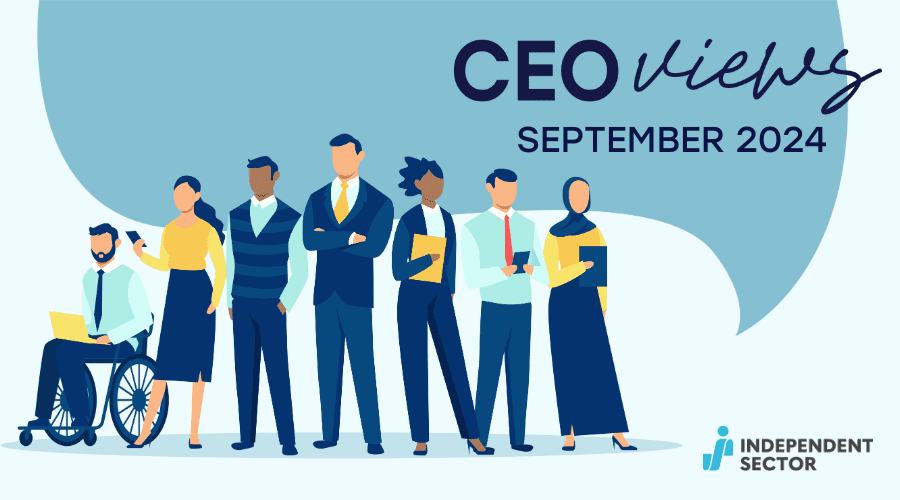As Women’s History Month comes to a close, I’m reflecting on the incredible amount of labor women have contributed to our nation — and to the charitable sector. Women make up 67% of the nonprofit workforce. We play many roles: We’re leaders and innovators, advocates and educators, builders and organizers, healers and caregivers.
We get up every day to serve our communities, and our contributions are essential to helping all people in the United States thrive. While women have achieved so much in this sector, we can’t ignore the fact that many women at nonprofits are still struggling.
More than 9 million women in the United States work for nonprofits, but they are not advancing proportionately. The glass escalator persists — men continue to rise more quickly in female-dominated professions. Men are more likely to lead large nonprofit organizations, and organizations led by men have twice the revenue of organizations led by women. The median wage for women working at nonprofits is only $55,000, well below men’s median wage of $64,000. And let’s be honest: the nonprofit sector loses women every day because they are forced to make impossible choices about starting or caring for their families.
Our recent ALICE in the Nonprofit Workforce report shines a light on the realities facing women in our sector. Nearly 2 million women in the nonprofit workforce face financial insecurity. Parents with children, and particularly single mothers, are bearing a greater burden. More than half of female nonprofit workers who are single parents — 57% — are living paycheck to paycheck, compared to only 39% of male nonprofit workers who are single parents.
These statistics hit me hard. They’re one of the most powerful reminders of why Independent Sector advocates for policies like tax credit fairness for nonprofit employers, from starting a retirement plan to providing paid family leave or child care. These are not abstract policy ideas; they are real solutions that will benefit the entire nonprofit workforce — especially women. And the public agrees: More than 7 in 10 Americans support extending federal business tax credits to nonprofit employers.
When I think about Women’s History Month, I think about celebrating the women who drive innovation, lead change, and hold our communities and families together. I also think about the women whose work is not always seen: The nurses in rural spaces driving hours to see patients. The outreach specialists ensuring community members are signed up for benefits. The caseworkers going above and beyond for their neighbors, while struggling to make ends meet for their own families. We need to make sure these women are recognized and supported.
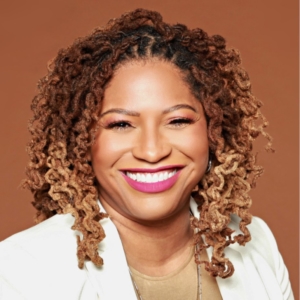
Dr. Akilah Watkins
I understand these issues personally. As a working-class woman in the nonprofit sector in Chicago, I’ve been there. I’ve been the mother trying to get home before daycare starts charging by the minute, stressing over whether my children had access to health care when I couldn’t afford medical insurance myself. I’ve been denied a job because I was pregnant. I’ve been forced to breastfeed my baby in a toilet stall. We’ve made progress since then, but we’re still nowhere near where we need to be.
I share this because I know our advocacy work isn’t just about policy change — it’s about improving lives. That’s why our advocacy for the nonprofit workforce is so important. Because when we invest in the women who work at nonprofits, the benefits reverberate throughout families, communities, and society as a whole.
We must bring the voices of women workers to the table and recognize their essential contributions, leadership, and expertise — ensuring they are valued and supported. As a sector, we can’t afford to leave women behind. Women in our sector deserve the opportunity to thrive, not just survive, and it’s our job to make sure that happens.
Dr. Akilah Watkins is president and CEO of Independent Sector.
